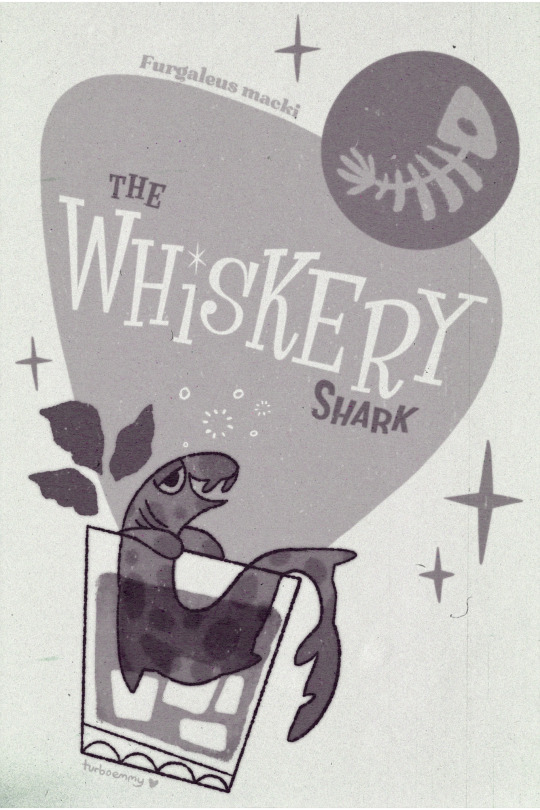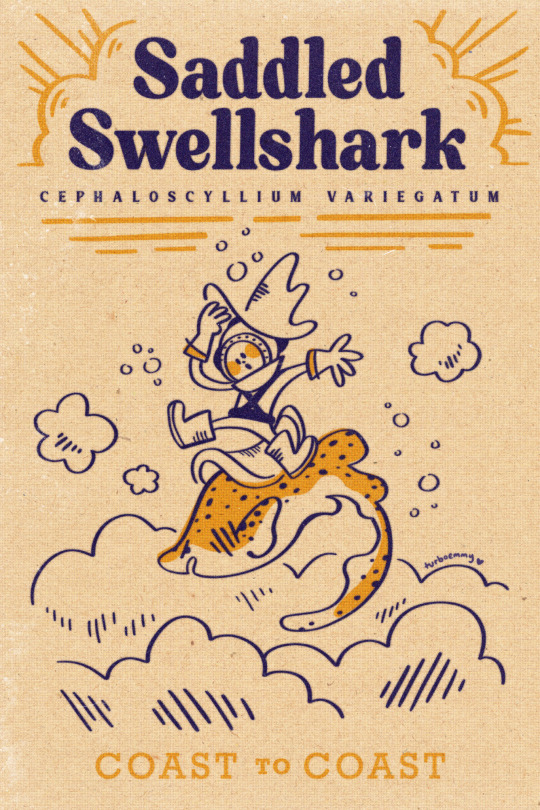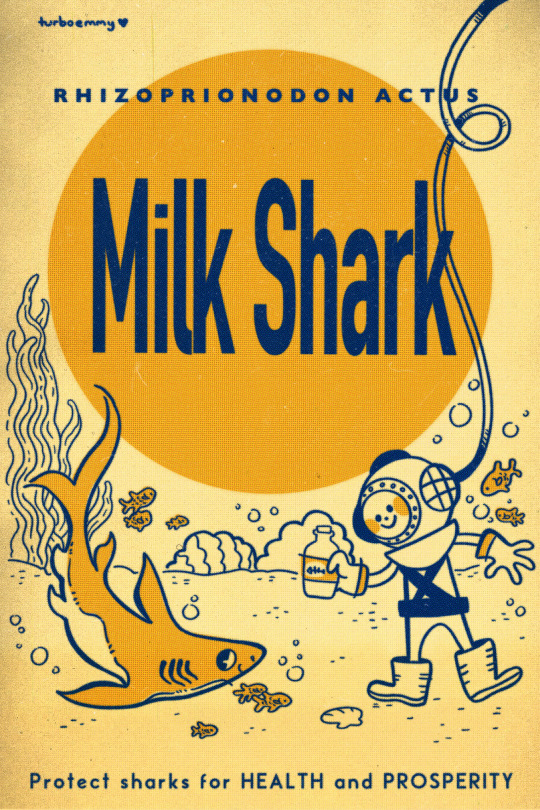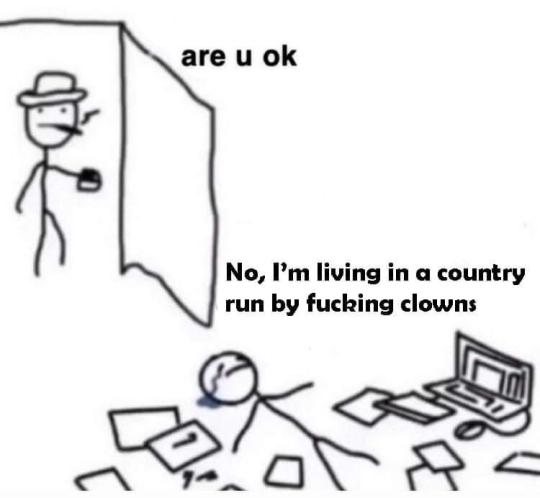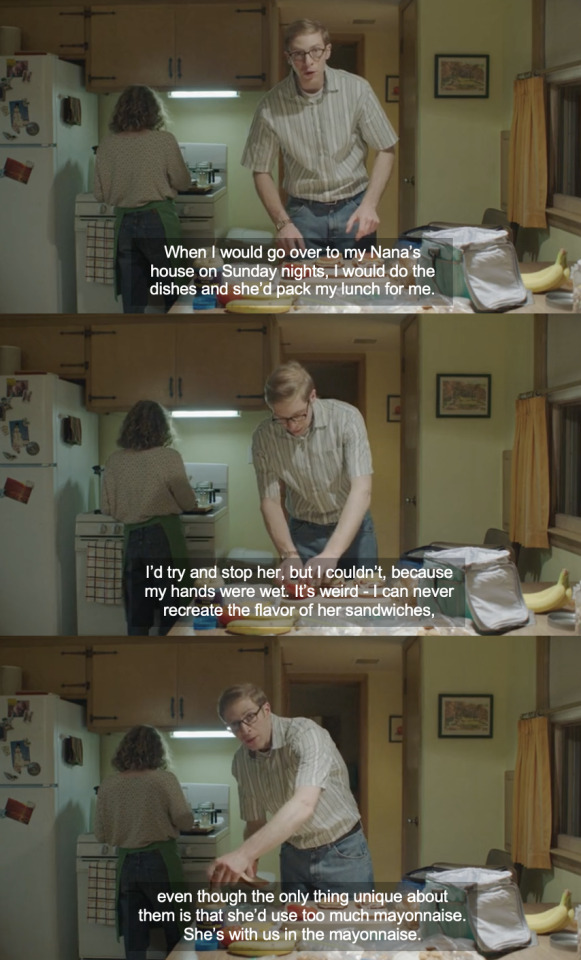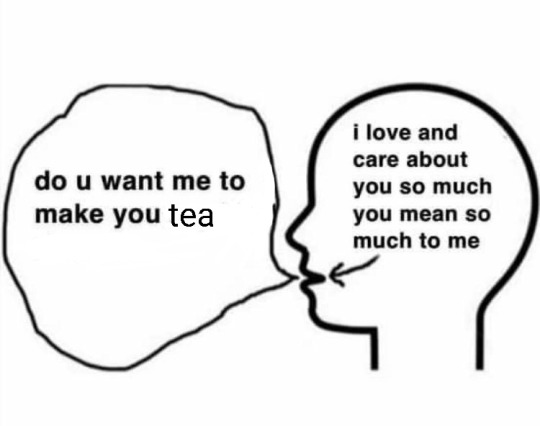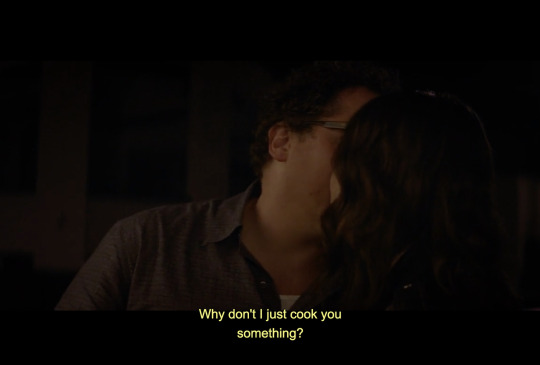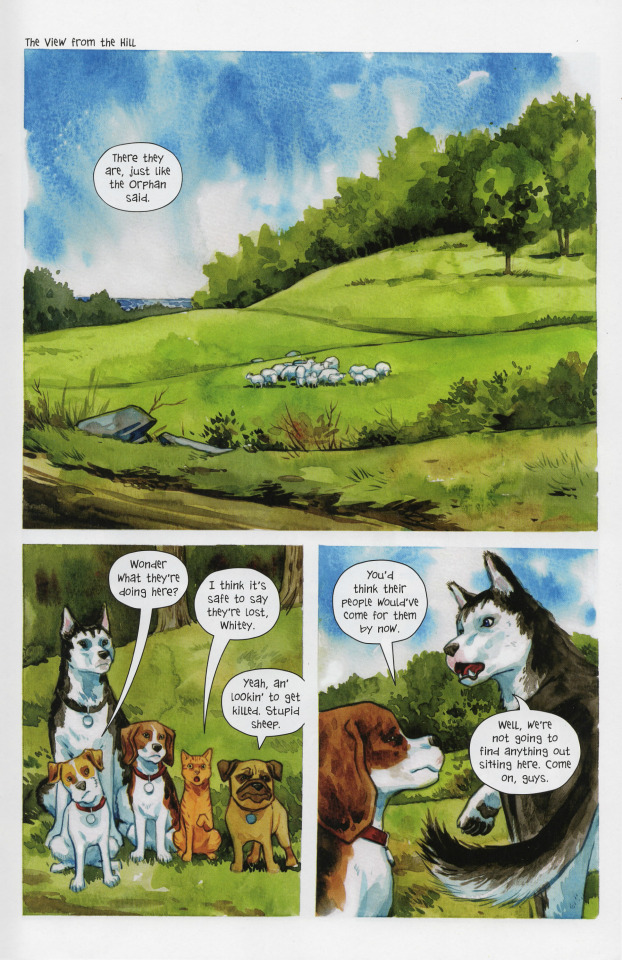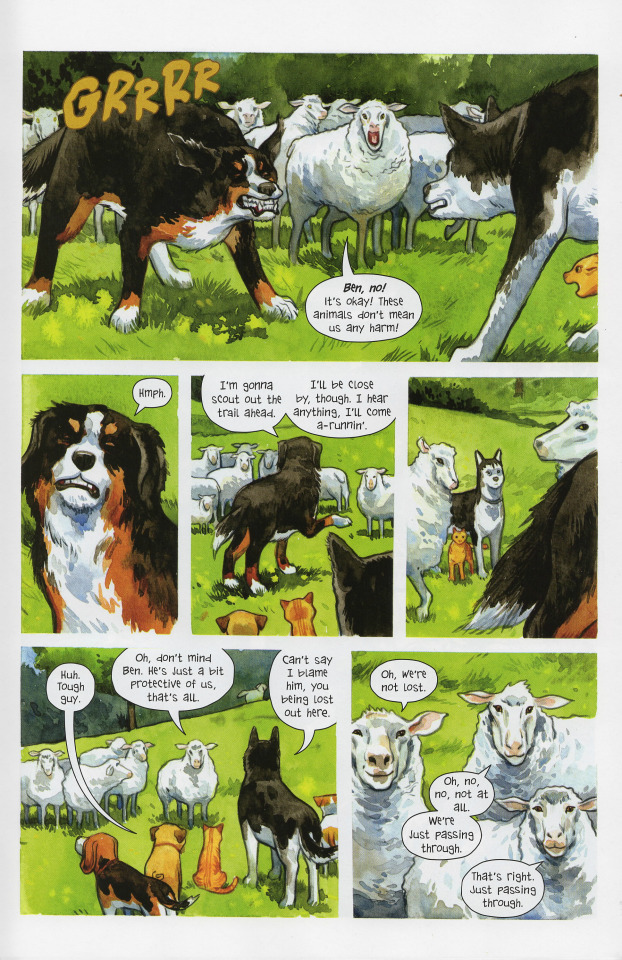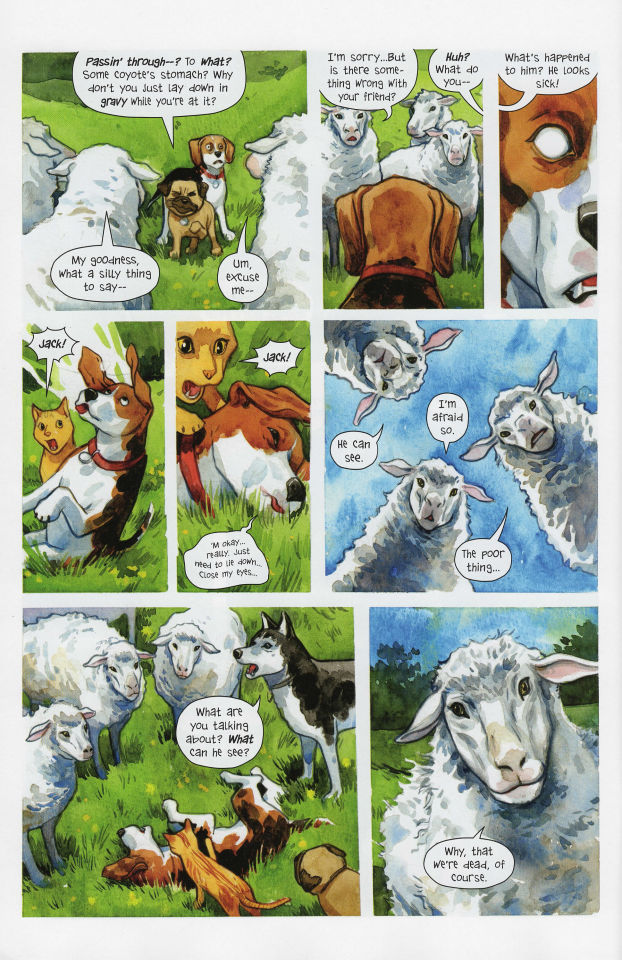I reblog what I like and that's all in here. I also like to draw (@mbarelydraws)
Don't wanna be here? Send us removal request.
Text
auditory processing issues are like yes i can hear everything in this room no i didn’t hear what you said yes i will finish your sentence when you restart and no i will not know the answer to your question after all of this
61K notes
·
View notes
Photo
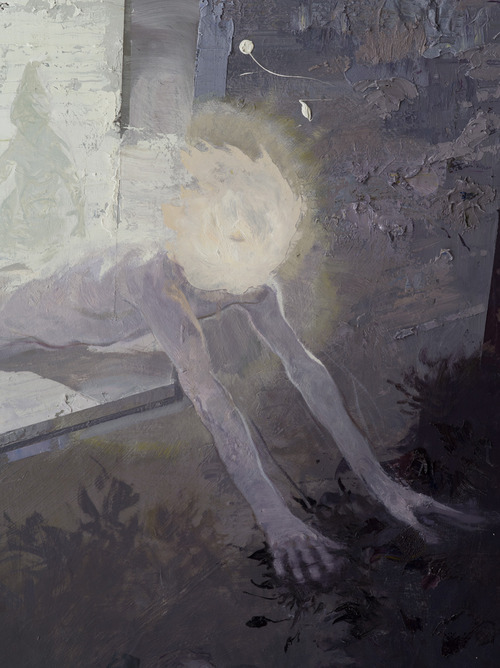
Ruprecht von Kaufmann - Im Garten (Detail). Courtesy Galerie Christian Ehrentraut
29K notes
·
View notes
Text
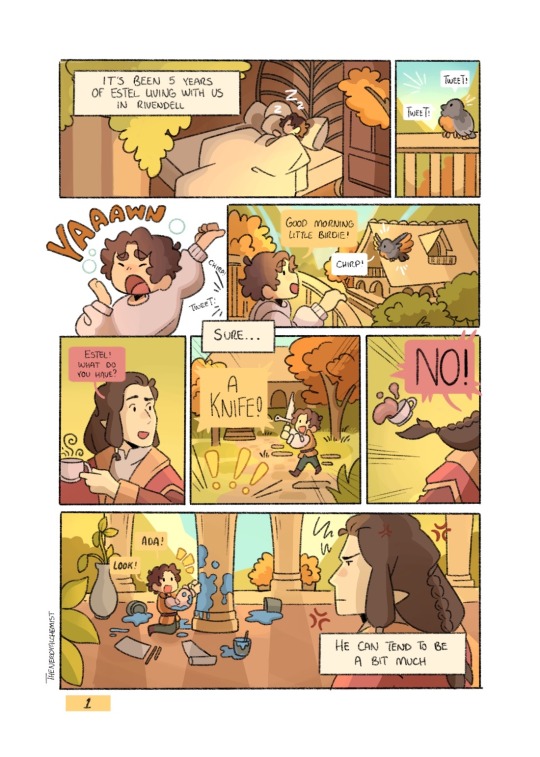
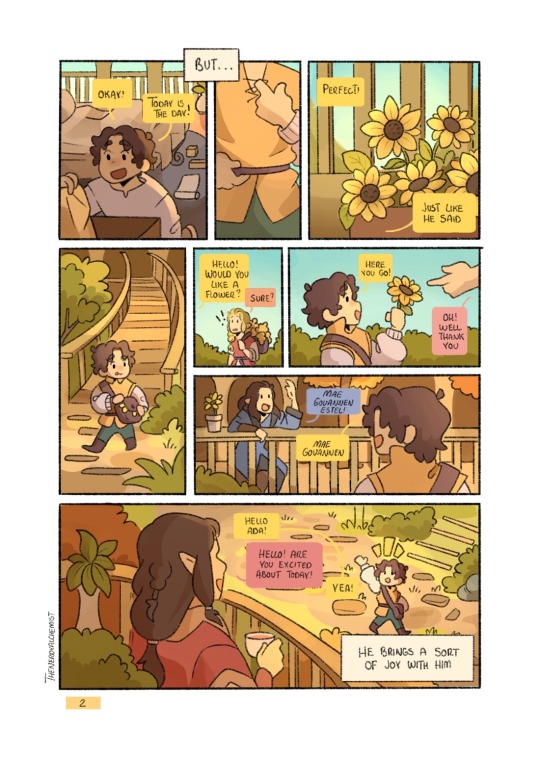

CHAPTER 1!?! Pg (1-3)
Updates continue on in this thread 👍
And so it begins
924 notes
·
View notes
Text
Gen Z is awesome and generational fighting is bad, but I do sometimes talk to Gen Z folks and I’m like... oh... you cannot comprehend before the internet.
Like activists have been screaming variations on “educate yourself!” for as long as I’ve been alive and probably longer, but like... actually doing so? Used to be harder?
And anger at previous generations for not being good enough is nothing new. I remember being a kid and being horrified to learn how recent desegregation had been and that my parents and grandparents had been alive for it. Asking if they protested or anything and my mom being like “I was a child” and my grandma being like “well, no, I wasn’t into politics” but I was a child when I asked so that didn’t feel like much of an excuse from my mother at the time and my grandmother’s excuse certainly didn’t hold water and I remember vowing not to be like that.
So kids today looking at adults and our constant past failures and being like “How could you not have known better? Why didn’t you DO better?” are part of a long tradition of kids being horrified by their history, nothing new, and also completely justified and correct. That moral outrage is good.
But I was talking to a kid recently about the military and he was talking about how he’d never be so stupid to join that imperialist oppressive terrorist organization and I was like, “Wait, do you think everyone who has ever joined the military was stupid or evil?” and he was like, well maybe not in World War 2, but otherwise? Yeah.
And I was like, what about a lack of education? A lack of money? The exploitation of the lower classes? And he was like, well, yeah, but that’s not an excuse, because you can always educate yourself before making those choices.
And I was like, how? Are you supposed to educate yourself?
And he was like, well, duh, research? Look it up!
And I was like, and how do you do that?
And he was like, start with google! It’s not that hard!
And I was like, my friend. My kid. Google wasn’t around when my father joined the military.
Then go to the library! The library in the small rural military town my father grew up in? Yeah, uh, it wasn’t exactly going to be overflowing with anti-military resources.
Well then he should have searched harder!
How? How was he supposed to know to do that? Even if he, entirely independently figured out he should do that, how was he supposed to find that information?
He was a kid. He was poor. He was the first person in his family to aspire to college. And then by the time he knew what he signed up for it was literally a criminal offense for him to try to leave. Because that’s the contract you sign.
(Now, listen, my father is also not my favorite person and we agree on very little, so this example may be a bit tarnished by those facts, but the material reality of the exploitative nature of military recruitment remains the same.)
And this is one of a few examples I’ve come across recently of members of Gen Z just not understanding how hard it was to learn new ideas before the internet. I’m not blaming anyone or even claiming it’s disproportionate or bad. But the same kids that ten years ago I was marveling at on vacation because they didn’t understand the TV in the hotel room couldn’t just play more Mickey Mouse Clubhouse on demand - because they’d never encountered linear prescheduled TV, are growing into kids who cannot comprehend the difficulty of forming a new worldview or making life choices when you cannot google it. When you have maybe one secondhand source or you have to guess based on lived experience and what you’ve heard. Information, media, they have always been instant.
Society should’ve been better, people should’ve known better, it shouldn’t have taken so long, and we should be better now. That’s all true.
But controlling information is vital to controlling people, and information used to be a lot more controlled. By physical law and necessity! No conspiracy required! There’s limited space on a newspaper page! There’s limited room in a library! If you tried to print Wikipedia it would take 2920 bound volumes. That’s just Wikipedia. You could not keep the internet’s equivalent of resources in any small town in any physical form. It wasn’t there. We did not have it. When we had a question? We could not just look it up.
Kids today are fortunate to have dozens of firsthand accounts of virtually everything important happening at all times. In their pockets.
(They are also cursed by this, as we all are, because it’s overwhelming and can be incredibly bleak.)
If anything, today the opposite problem occurs - too much information and not enough time or context to organize it in a way that makes sense. Learning to filter out the garbage without filtering so much you insulate yourself from diverse ideas, figuring out who’s reliable, that’s where the real problem is now.
But I do think it has created, through no fault of anyone, this incapacity among the young to truly understand a life when you cannot access the relevant information. At all. Where you just have to guess and hope and do your best. Where educating yourself was not an option.
Where the first time you heard the word lesbian, it was from another third grader, and she learned it from a church pastor, and it wasn’t in the school library’s dictionary so you just had to trust her on what it meant.
I am not joking, I did not know the actual definition of the word “fuck” until I was in high school. Not for lack of trying! I was a word nerd, and I loved research! It literally was not in our dictionaries, and I knew I’d get in trouble if I asked. All I knew was it was a “bad word”, but what it meant or why it was bad? No clue.
If history felt incomprehensibly cruel and stupid while I was a kid who knew full well the feeling of not being able to get the whole story, I cannot imagine how cartoonishly evil it must look from the perspective of someone who’s always been able to get a solid answer to any question in seconds for as long as they’ve been alive. To Gen Z, we must all look like monsters.
I’m glad they know the things we did not. I hope one day they are able to realize how it was possible for us not to know. How it would not have been possible for them to know either, if they had lived in those times. I do not need their forgiveness. But I hope they at least understand. Information is so powerful. Understanding that is so important to building the future. Underestimating that is dangerous.
We were peasants in a world before the printing press. We didn’t know. I’m so sorry. For so many of us we couldn’t have known. I cannot offer any other solace other than this - my sixty year old mother is reading books on anti-racism and posting about them to Facebook, where she’s sharing what’s she’s learning with her friends. Ignorance doesn’t have to last forever.
84K notes
·
View notes
Note
environmental racism isn't a thing. God how can people be so stupid. Plants don't have fucking opinions.
I’m … legitimately blown away that you think environmental racism is about the marginalization of plants.
198K notes
·
View notes
Text
“Small” Ways to Incorporate/honor Lady Artemis in everyday life
Say a prayer to her when you enter nature/ the woods
If you have pets, care for them as a devotional act
Talk to the moon, she will hear you
Defend those who cannot/struggle to defend themselves
Promote individuality
Wear clothes that you feel confident in
Volunteer at women’s or animal shelters
Dance around to your favorite songs (especially if it’s outside or under the moon)
Watch wildlife/nature/animal documentaries
Stick stars to your bedroom ceiling
Practice self care (DO YOUR SHADOW WORK)
Donate to those who are vulnerable
Create a devotional playlist to her
Go hiking
Veil
Learn to respect the animals around you
Research how to respectfully give offerings back to nature
Track constellations
Wear silver jewelry
Keep moonstone, Amethyst, tree/moss agate around you or wear them as jewelry
Write her poems/prayers
Do your meditations outside (especially under the moon)
Read poems/literature about “wild women”
Stuffed animals especially bears and deer. Trust me she loves them
Wear lavender/woodsy perfumes
Take time to thank her for what she does for you
261 notes
·
View notes
Text
Blue Period: art references
Chapter 4: Yotasuke as Vincent van Gogh’s Gauguin’s Chair
Makes sense because Yatora has been depicted with van Gogh’s chair, and van Gogh was a huge admirer of Gauguin


Chapter 15: Maki, Yatora and Hashida as Edgard Degas’ Three Dancers in an Exercise Hall
Well… it’s Degas, again
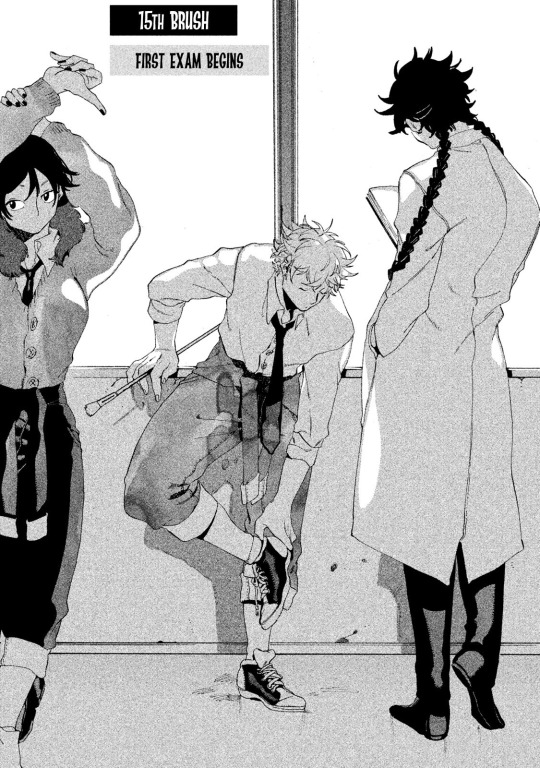

Chapter 30: Yuki and Maki as Pierre-Auguste Renoir’s Young Girls at Piano
The French Impressionism… people like Cezanne, Renoir, Monet, Manet…


Chapter 32: Murai, Momo and Hacchan as Zinaida Serebriakova’s At Breakfast
I rebloged this a few days ago, the painter was part of Mir Iskusstva (like Somov)

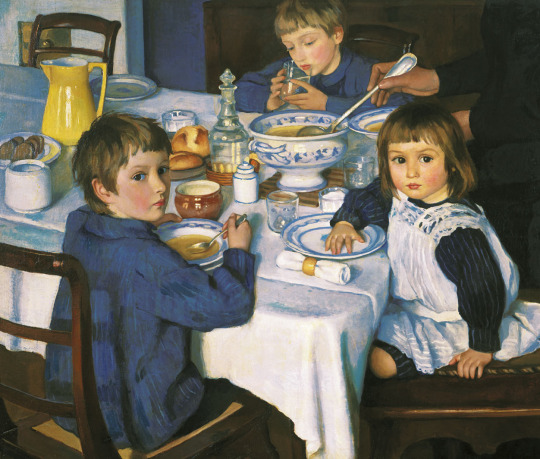
Chapter 46: Hashida as Johannes Vermeer’s The art of Painting
Considering that Vermeer was a titan in the Dutch Golden Age for art, this fits Hashida very much (the artists wanted their art to be as detailed as possible)


1K notes
·
View notes
Text
264K notes
·
View notes
Text

A young woman playing a harp to a large crowd, Rock of Cashel, Ireland, ca. 1910 - photographer unknown
8K notes
·
View notes
